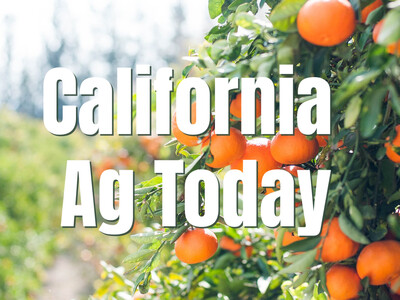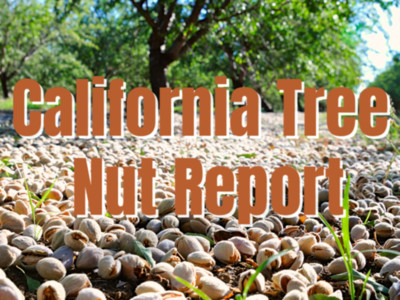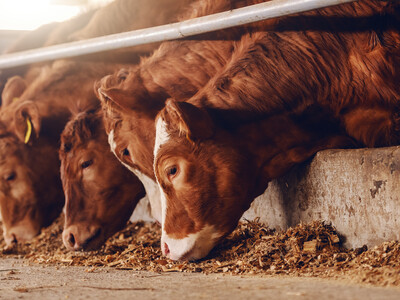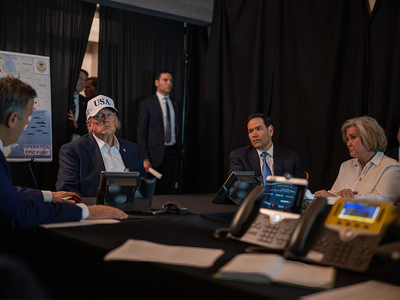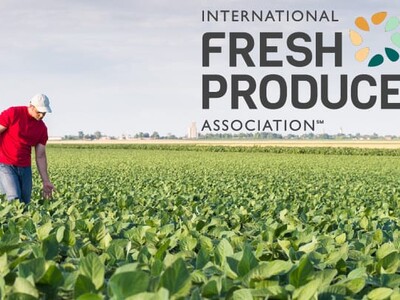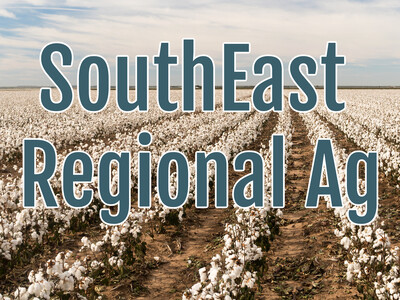New CEO for Oregon wheat industry; federal grazing legislation

Northwest Report June 1, 2011 The Oregon Wheat Growers League Board of Directors and the Oregon Wheat Commission have announced the hiring of the new CEO for the Oregon Wheat industry. Blake Rowe of Longview, Washington, begins work today. He will be the primary spokesperson for the wheat industry and manage the offices and staffs of the Commission in Portland and the Wheat Growers League in Pendleton.
Idaho Senators Mike Crapo and Jim Risch are among the co-sponsors of the Grazing Improvement Act of 2011. For more than a decade, members of Congress have included language in federal appropriations bills to allow the Bureau of Land Management and the U.S. Forest Service to renew grazing permits under existing terms and conditions until the renewal process is complete and this legislation would codify that. The bill would also extend the life of grazing permits from ten to 20 years.
The White House has offered a directive ordering the federal government to move toward alternative fuel vehicles, including those powered by biodiesel. Ben Evans with the National Biodiesel Board, says this is a real opportunity to increase biodiesel use without burdening the taxpayer.
Evans: “They are already using 6.5 million gallons of biodiesel each year and we think there is a lot of room to step that up. And particularly the benefits of biodiesel in term of not having to retrofit and engine or an existing diesel vehicle, it makes it to where the government can really improve of alternative fuels without having to spend a lot of capital investment.”
All new federal fleet vehicles purchased must be flex-fuel by the end of 2015.
Now with today’s Food for Thought here’s Lacy Gray.
No, fracking is not a cuss word, although several cuss words have been used in the debate on the practice of fracking and the health concerns that it poses. Fracking is hydraulic fracturing, a process where fluid is injected at high pressure into oil or methane gas deposits to fracture the rock above and release the liquid or gas below. Great controversy has arisen wherever the fracking process has been used due to toxins contaminating ground water and residential water supplies, not to mention the large amount of water used in the process. To date, the contamination of fourteen wells has been linked to fracking operations in Wyoming alone. Numerous rural ag communities have been nearly ruined by predatory gas corporations using fracking near or around their area. That is why farmers from coast to coast are taking up the fight against hydraulic fracturing and asking that our rural communities not be sacrificed in the quest for energy resources. As stewards of the land, farmers understand better than possibly anyone the importance of clean water, air, and soil. None of us can afford to ignore these fracking practices.
I’m Bob Hoff and that’s the Northwest Report on Northwest Aginfo Net.






